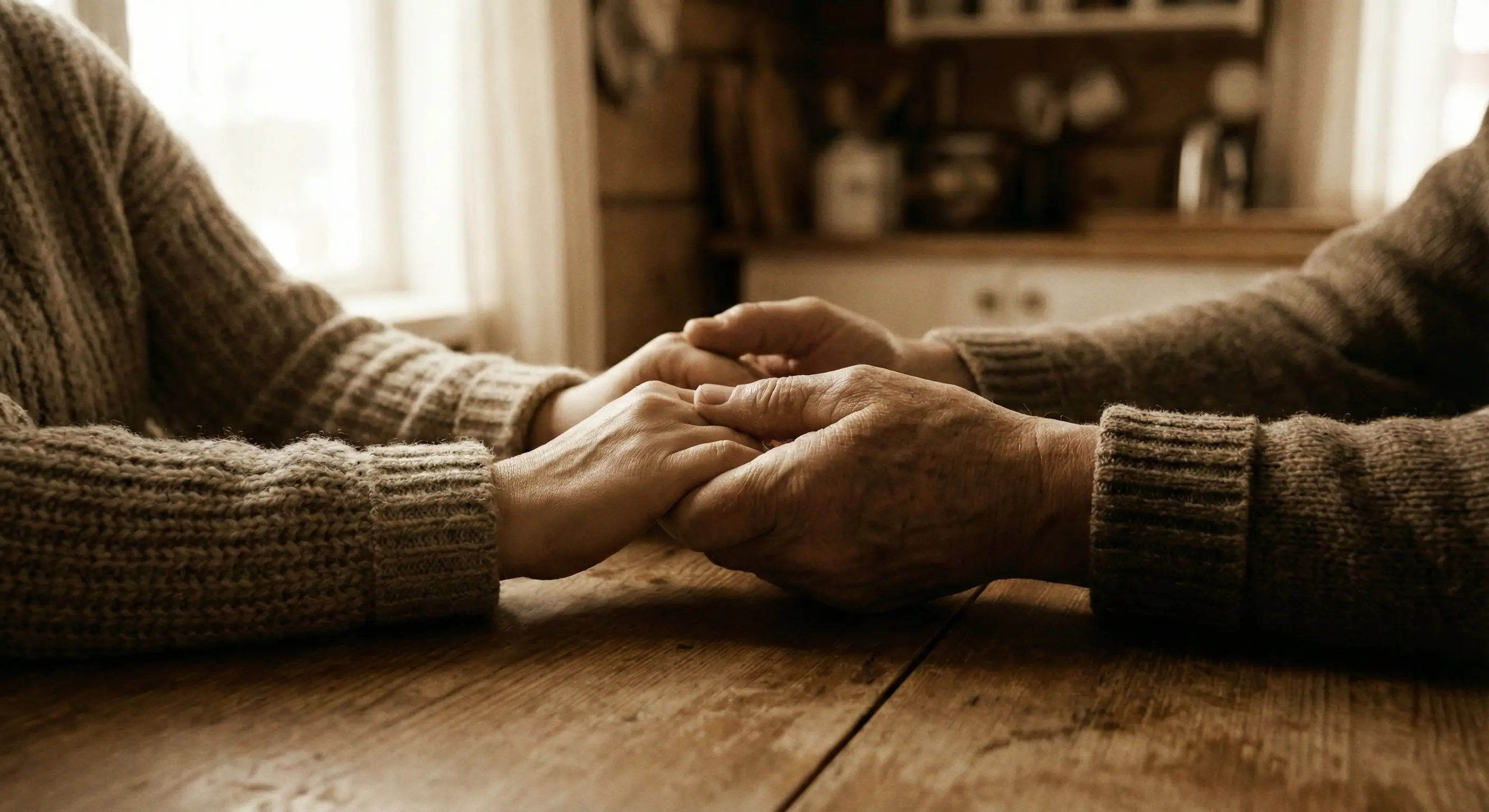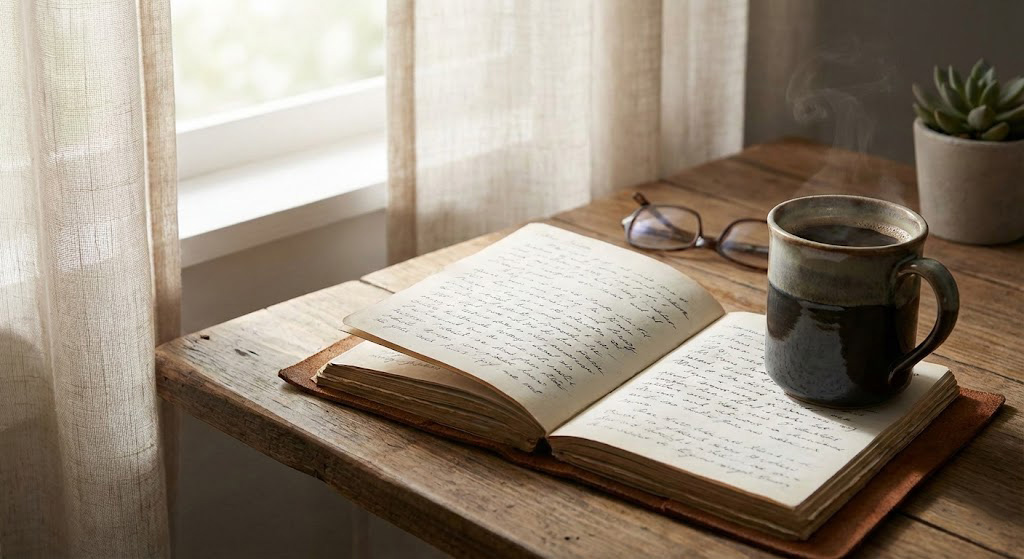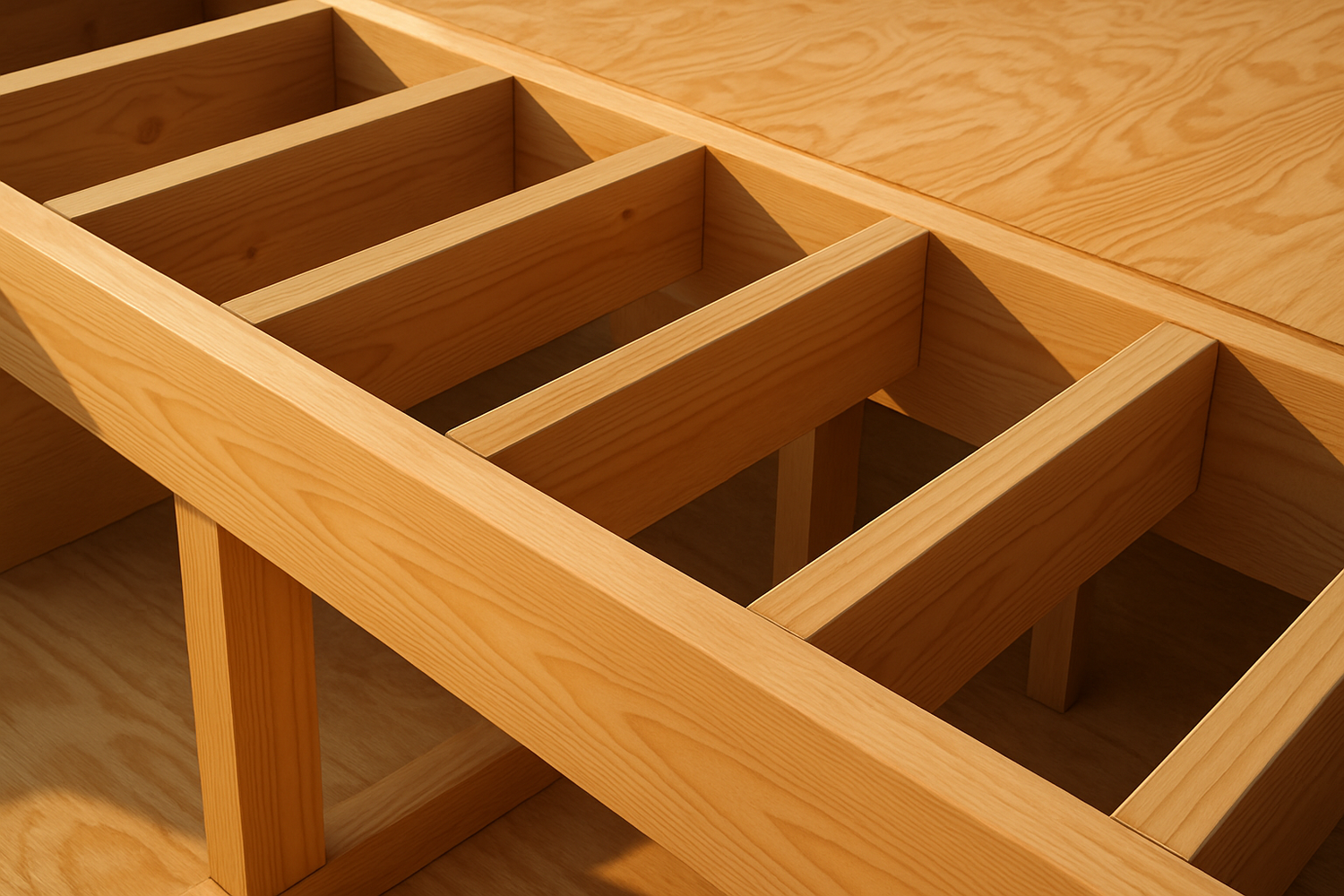Landscaping can make or break your property!
Late summer and early fall is a great time to enjoy the outdoors, before colder weather sets in. It’s also a great time for landscaping and planting shrubbery and trees around your house.
But before you get busy buying your new shrubs and trees, be sure to take time to plan ahead. Your landscaping decisions will have long term effects on your property and home, and you want to be sure those effects are all positive!
The average Landowner spends around $3,300 for landscaping in Central PA. Here's what's most popular to plant:
Perennials
Trees & Shrubs
Annuals
Helpful tips to achieve the best landscape:
#1 Check your slope.
Does the soil around your house look flat, or slope towards your house? It is very important that the soil surrounding your house slopes down and away from your house. A minimum slope should be a drop of 1 inch per foot for the first 6 feet from your foundation. From 6 feet away and at least out to 10 feet away, the soil must continue on a downward slope. This will help to ensure that rainwater flows away from your house, without forming puddles, or worse yet, seeping into your house!
#2 Position shrubs an appropriate distance away from your house.
Three main issues with shrubbery planted too close to a structure are moisture, termites, and invasive size. Shrubs tend to retain moisture, and moisture will contribute to the deterioration of almost any type of siding. Next, moisture can also attract termites, and termites are attracted to the cellulose in shrubbery. Where will they turn their attention next? You guessed it—to your house! Thirdly, consider the adult size of your shrubs, not their juvenile size. It’s a good idea to allow plenty of space between your house and the shrubs you’re planting. A good rule of thumb is to determine the projected adult size, then double that size, in order to maintain an appropriate space between your house and shrubs as they grow to maturity. When trimming shrubs, keep at least 12 inches between your shrubs and house exterior.
#3 Position trees a safe distance from the house.
The dangers of planting shrubbery too close to the house are amplified when planting trees too close to the house. Trees can cause damage to your house’s structure, outdoor plumbing, and roofing, as well as heaving damage to sidewalks and driveway areas. Consider the type of trees you’re planting—various types of trees have more or less aggressive root systems. Keep tree locations away from underground water lines and septic systems. Trees threaten your house roof, not only in terms of falling limbs and trunks, but also by way of falling leaves, twigs, and nuts, which can accumulate and gradually deteriorate your house roof. Tree roots cause heaving damage to driveways and sidewalks, also creating a trip hazard. Because of these potential issues, give trees 15’ to 20’ of space away from your house.
#4 Ensure proper drainage.
Proper drainage is essential to keeping your structure dry. Planting the correct types of shrubs, trees, and grass can help soak up excess water around your house. Be careful with landscaping barriers (retaining walls, plastic edging, masonry, timbers) because they can catch and hold water, preventing drainage. Always be sure down- spouts extend beyond your landscaping barriers. Additionally, downspouts should be directed away from your driveway or sidewalks, to prevent ice buildup in wintertime.
Landscaping can add beauty and value to your property. Being pro-active when planting, and making changes where needed will help your structure look better and last longer.
Happy Planting!




















